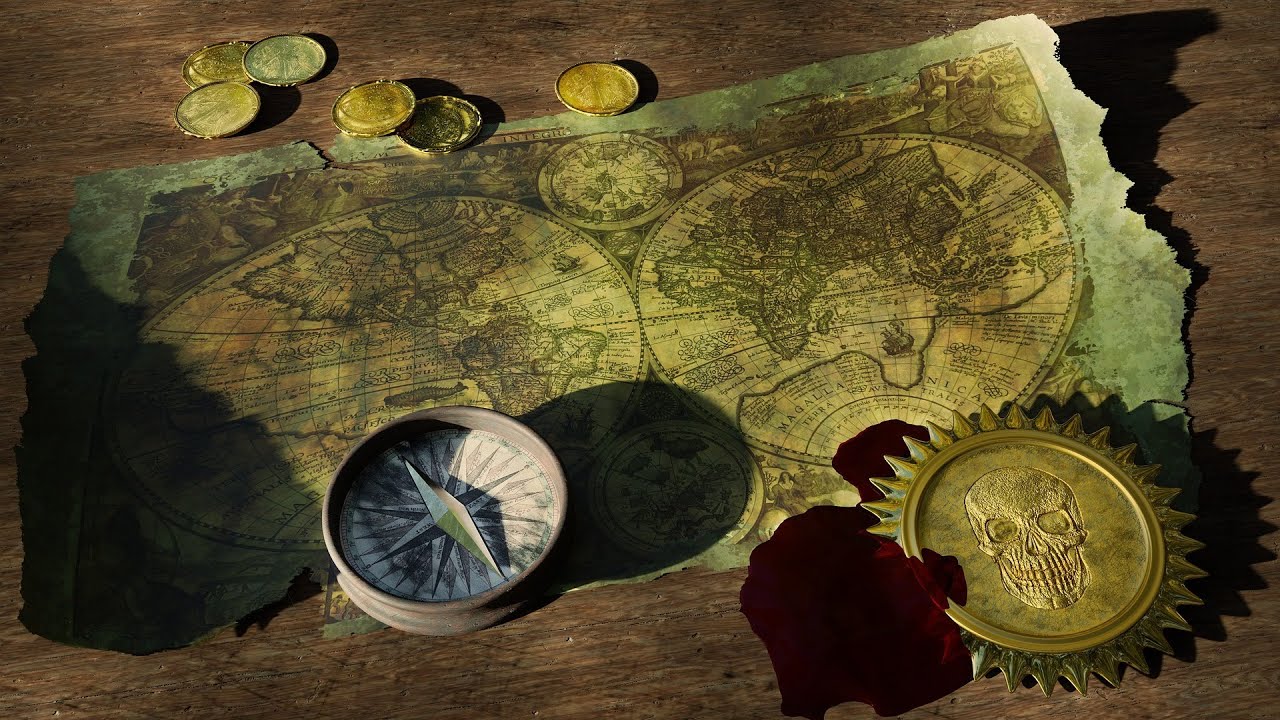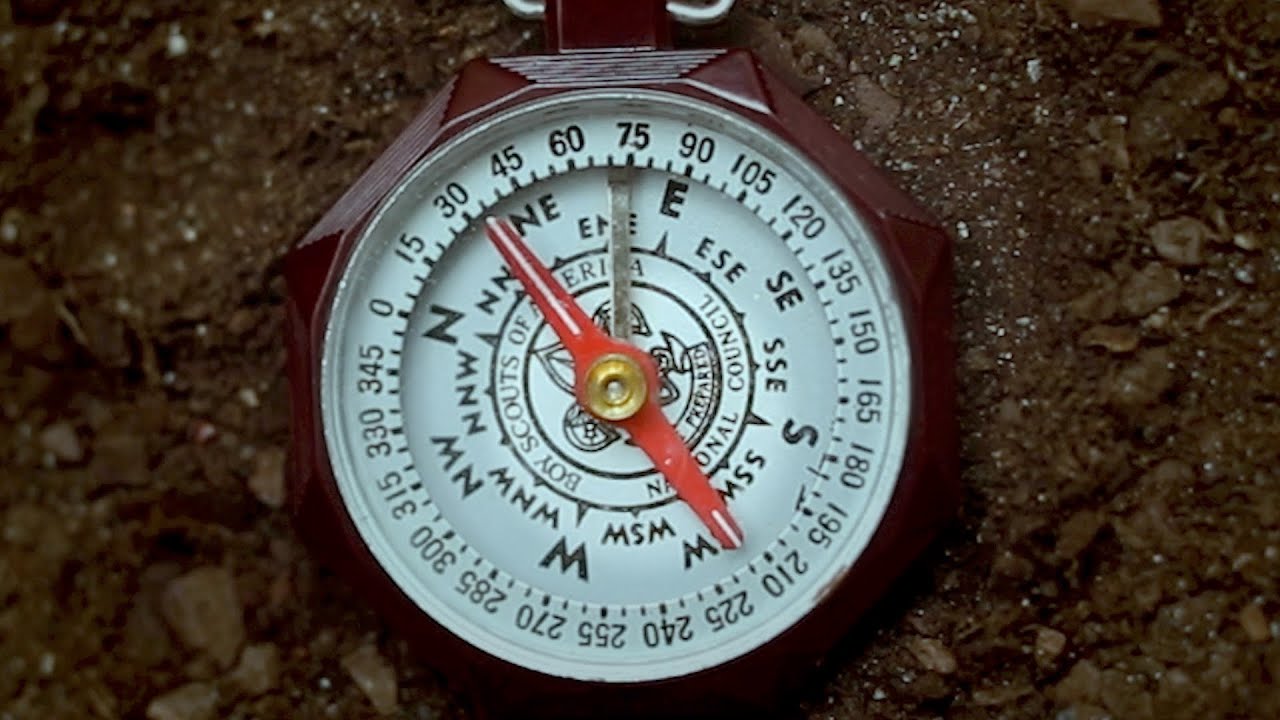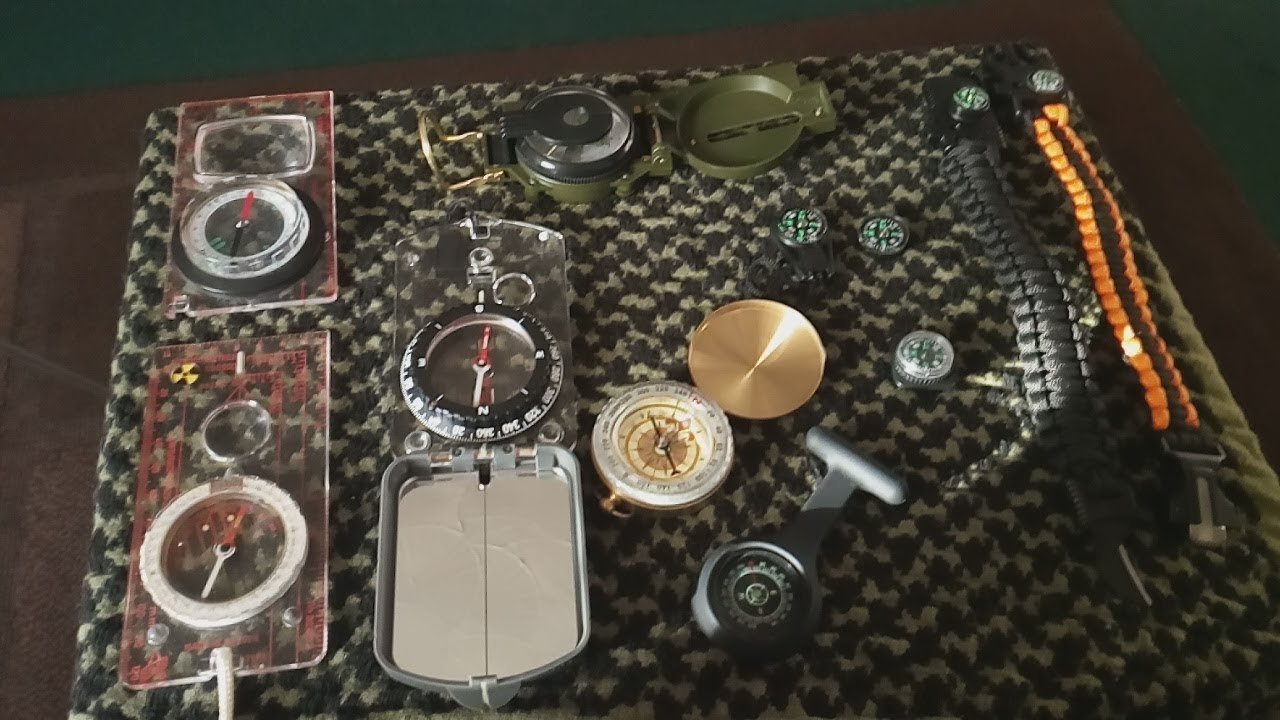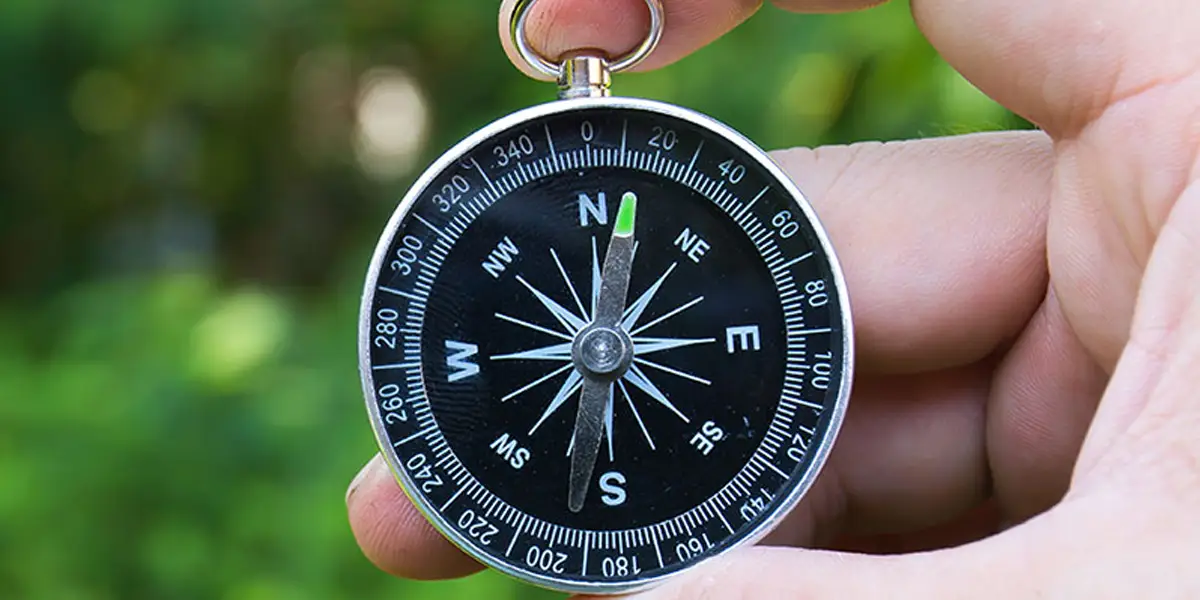The Importance Of Compasses For Human Development
Compasses have played a pivotal role in human development throughout history. These simple yet ingenious devices have revolutionized navigation, exploration, trade, and countless other aspects of human civilization. From guiding ancient seafarers across vast oceans to enabling modern-day adventurers to navigate uncharted territories, compasses have been a fundamental tool for human progress. This article explores the importance of compassesand their enduring impact on human development.
Short Evolution Of Compasses
“„Human lifeis a voyage that’s homeward bound. Stay on the right path. He that has patience may compass anything.- François De La Rochefoucauld, French Philosopher.
The compass has a rich history that dates back thousands of years, and it was created as the result of extensive research and testing. Lodestone is a naturally magnetic mineral that the ancient Chinese learned about and used to construct navigational equipment. In a bowl of water, they would float a lodestone on a piece of cork, allowing it to freely rotate until the lodestone pointed south, which they referred to as the "red needle." The Chinese developed the "south-pointing needle," a more precise navigational tool, in the 11th century. It featured a magnetized needle that was always pointing south. They created complex maps and compasses for precise navigation and used this new design for both land and sea navigation. The compass then spread to other continents, including Europe and the Arab world.
During the Middle Ages, Arab sailors were instrumental in bringing the compass to Europe, and by the 13th century, it was a common tool used by European navigators and sailors. The invention of the magnetic compass made the world a smaller, more unified place. The compass made navigation more precise, facilitating better trade, exploration, and the exchange of ideas among various cultures. The compass is still a crucial instrument for navigation today, utilized in a variety of contexts like aviation, shipping, and outdoor recreation. It is now a crucial element of both modern technology and our contemporary world. You can learn how to understand and use compasses with this valuable resourcefrom joynumber.

The Invention of Compass | How compass was invented | How compass works?
The Birth Of Navigation
Navigating The Seas
The invention of the compass was a significant milestone in human history. Prior to its introduction, seafaring was a perilous endeavor, as sailors relied on stars, landmarks, and rough estimations to chart their course. However, with the compass, sailors gained a reliable tool that allowed them to determine their direction accurately. This newfound navigational prowess propelled the age of exploration and trade, opening up new horizons for humanity.
Expansion Of Trade Routes
Compasses played a crucial role in expanding trade routes, leading to the growth of empires and the exchange of goods, ideas, and cultures. With accurate navigation, merchants could confidently traverse long distances, exploring new markets and establishing trade networks. The compass enabled the establishment of maritime trade routes such as the Silk Road and facilitated the European exploration of the Americas and other continents.

How the compass unlocked the world | Small Thing Big Idea, a TED series
Scientific Advancements
The Transition Between Two Eras
Without the compass, the world's transition from the medieval to the modern era would have been more gradual. This is because the compass made it possible for European powers to colonize other lands and create precise maps, trade routes, and navigational aids.
The feudal system that predominated during the medieval era is what sets it apart. The most powerful individuals in this culture did not possess wealth; rather, they held land along with compelled servants. A lord or king who had the authority to enlist them in the military granted them this territory.
Medieval traders were able to readily locate more advantageous trade routes across enormous stretches of land and water thanks to the invention of the compass. The world became more prosperous and integrated as a result of these new trade routes. The most powerful individuals suddenly shifted from being lords and nobles to wealthy merchants, kings, and queens, which caused feudal society to collapse.
The drive to create new trade routes and devise means of protecting them arose along with this rise in wealth. This marked the beginning of colonialism. A European king was now encouraged to make contact with distant lands, claim a colony, and start redistributing wealth to their own countries.
Spain made contact with the Americas first in the fifteenth century, then with Britain in the sixteenth, Portugal in the seventeenth, and France in the eighteenth. All of this was carried out to encourage more commercial trade channels and boost the amount of goods exported to the monarch and country.
These medieval traders could safely construct maps, explore unexplored territory, and start to establish the trade routes that eventually brought about the end of the medieval age thanks to the compass. As a result, the modern era began, which was characterized by booming capitalism, quick technological advancements, and the resurgence of ideas about liberty and nationalism.
Simply put, the compass helped the world quickly establish new trade routes, which paved the way for the development of the modern age.
Advancing Cartography
The development of accurate maps owes much to the invention of the compass. As explorers ventured into uncharted territories, they relied on compasses to determine their bearings, contributing to the accurate mapping of the world. With the aid of compasses, cartographers were able to create detailed maps that were essential for further exploration, scientific research, and the understanding of the Earth's geography.
Magnetic Field Studies
Compasseshave also been instrumental in the study of Earth's magnetic field. Scientists have used compasses to investigate the magnetic properties of different regions, aiding in the understanding of geology, plate tectonics, and the Earth's internal structure. Magnetic surveys have been conducted to detect mineral deposits, study volcanic activity, and support various scientific disciplines, including archaeology and paleomagnetism.
Military Applications
Strategic Warfare
Compasses have played a vital role in military history. In ancient times, military commanders used compasses to determine the direction of attack or retreat, enabling them to make informed strategic decisions on the battlefield. During World War II, compasses were essential for both naval and land-based operations, ensuring accurate troop movements, navigation, and artillery targeting.
Precision Guided Systems
With technological advancements, compasses evolved into sophisticated navigational tools used in precision guided systems. These systems, such as missile guidance and unmanned aerial vehicles (UAVs), heavily rely on compasses to maintain precise direction and course. Compasses in modern military applications provide critical data for navigation, targeting, and coordinating operations in complex environments.
Other Types Of Compasses
Some compasses don't use the magnetism of the earth to determine direction. The gyrocompass, developed at the beginning of the 20th century, employs a rotating gyroscope to track the axis of rotation of the Earth to point north. Variation is not a problem because magnetic north cannot be measured. Motion won't stop the gyroscope from spinning once it gets going. On ships and airplanes, this kind of compass is frequently employed.
A solar compass navigates by using the sun. The most typical way to determine direction is to use a compass card and the angle of the sun's shadow.
There are methods that use the sun as a compass even without a compass card. You might use the shadow stick technique. A stick planted upright in the ground is known as a shadow stick. A navigator uses a stick with pebbles around it and a piece of thread to follow the sun's shadow as it moves across the sky to identify which way is east and which way is west.
An antique analog (rather than digital) timepiece is another sort of solar compass. North or south can be determined using the watch's hands and the location of the sun. Simply hold the watch in your hand parallel to the ground and position the hour hand toward the sun. Calculate the angle between the hour hand and the twelve o'clock position. The north-south line is shown here. North will be the direction that is closest to the sun in the Southern Hemisphere. North will be the direction away from the sun in the Northern Hemisphere.
The global positioning system(GPS) receiver has started to replace compasses in some applications. To determine the receiver's location, a GPS receiver coordinates with satellites orbiting the Earth and monitoring stations on the planet. GPS receivers can display all three coordinates on a map: latitude, longitude, and altitude. Readings are typically accurate to within around 15 meters (50 feet), unless big objects block signals.
The compass is still a useful tool, even with GPS improvements. Even now, many ships and aircraft still rely on highly developed compasses for navigation. For casual observation, a pocket compass or a rudimentary compass mounted on a dashboard is still a useful and transportable tool for navigators on foot or in a small boat.
Outdoor Activities And Recreation
Adventuring Into The Wilderness
Compasses continue to be indispensable tools for outdoor enthusiasts, hikers, and adventurers. Whether exploring remote landscapes, embarking on wilderness treks, or engaging in orienteering activities, compasses provide a reliable means of navigation when GPS signals are unavailable or unreliable. The ability to read a compass and follow a bearing enhances safety, promotes self-reliance, and expands the possibilities for exploration.
Survival And Emergency Situations
In survival scenarios or emergencies, compasses can be life-saving tools. They enable individuals to orient themselves, determine the direction of nearby towns or safety zones, and navigate through challenging terrains. A compass empowers people to find their way back to civilization, enhancing their chances of survival and reducing the risks associated with getting lost or disoriented.
Comparing Compasses
| Type | Description |
| Magnetic Compass | Uses a magnetized needle that aligns with the Earth's magnetic field to indicate the direction of magnetic north |
| Gyrocompass | Relies on the principles of gyroscopy to maintain a fixed orientation relative to the Earth's rotation |
| GPS Compass | Utilizes satellite signals to determine accurate direction |
| Electronic Compass | Utilizes sensors, such as magnetometers and accelerometers, to determine orientation |
| Optical Compass | Uses optical sighting techniques to align with landmarks or celestial bodies |

All different types of compasses
People Also Ask
What Are 3 Important Facts About Compass?
- The compass was invented in ancient China during the Han Dynasty around the 2nd century BC. It was initially used as a divination tool before its navigation applications were discovered.
- A compass consists of a magnetized needle or a magnetized card that aligns itself with the Earth's magnetic field. The needle points towards the magnetic north, which is slightly different from the geographic north pole.
- Compasses have been used for centuries as reliable tools for navigation, exploration, military operations, scientific research, and outdoor activities.
Why Is The Compass Very Important In Navigation?
The compass is vital in navigation for several reasons:
- Directional Guidance: The compass provides a consistent and reliable reference point for determining direction, enabling navigators to establish a heading and maintain a course.
- Independence from External Systems: Unlike modern GPS devices or electronic navigation systems, a compass does not require external signals or power sources to function. It provides a self-contained and independent means of navigation.
- Durability and Reliability: Compasses are rugged, durable, and resistant to environmental conditions. They can withstand harsh environments, including extreme temperatures, moisture, and electromagnetic interference.
What Is The Impact Of Compass To The Society?
The compass has had a profound impact on society throughout history:
- Exploration and Trade: The compass facilitated the Age of Exploration by enabling sailors to venture into unknown territories, discover new trade routes, and establish global trade networks. It fueled economic growth, cultural exchange, and the expansion of empires.
- Scientific Advancements: The compass played a crucial role in advancing scientific knowledge. It contributed to accurate cartography, allowing for the creation of detailed maps and charts. It also aided in the study of Earth's magnetic field, providing insights into geology, navigation, and magnetism.
- Military Applications: Compasses have been essential tools for military operations. They have guided armies, navies, and air forces, enabling strategic warfare, precise troop movements, and accurate targeting. Compasses continue to be crucial in modern defense systems.
- Outdoor Activities and Recreation: Compasses are indispensable tools for outdoor enthusiasts, hikers, and adventurers. They promote safe navigation, allowing individuals to explore remote areas, go on wilderness expeditions, and engage in various outdoor activities.
What Are The Four Importance Of Magnetic Compass?
- Navigation: The magnetic compass is a primary tool for navigation. It helps mariners, pilots, and outdoor enthusiasts determine their heading and maintain a course, even in the absence of modern electronic systems.
- Safety: The magnetic compass enhances safety by providing a reliable means of orientation. It allows individuals to find their way back to a known location, locate nearby landmarks or safety zones, and navigate through unfamiliar or hazardous terrain.
- Exploration and Discovery: The magnetic compass has played a pivotal role in historical exploration and discovery. It enabled ancient seafarers to undertake long voyages across oceans, leading to the discovery of new lands and the expansion of civilizations.
- Cultural and Symbolic Significance: The magnetic compass has become a symbol of exploration, adventure, and human curiosity. It represents the human spirit of discovery and serves as a metaphor for finding one's direction in life, both literally and metaphorically.
Conclusion
Compasses have left an indelible mark on human development. From their humble origins in ancient civilizations to their modern-day applications, compasses have revolutionized navigation, exploration, trade, scientific research, military operations, and even cultural symbolism. These compact devices have empowered humans to conquer new frontiers, unravel the mysteries of the Earth, and navigate through unknown territories. As we continue to advance technologically, compasses remind us of the enduring significance of simple yet profound tools that have shaped human civilization and continue to guide us towards new horizons.
Compasses have left an indelible mark on human development. From their humble origins in ancient civilizations to their modern-day applications, compasses have revolutionized navigation, exploration, trade, scientific research, and military operations. These compact devices have empowered humans to conquer new frontiers, unravel the mysteries of the Earth, and navigate through unknown territories. As we continue to advance technologically, compasses remind us of the enduring significance of simple yet profound tools that have shaped human civilization.
